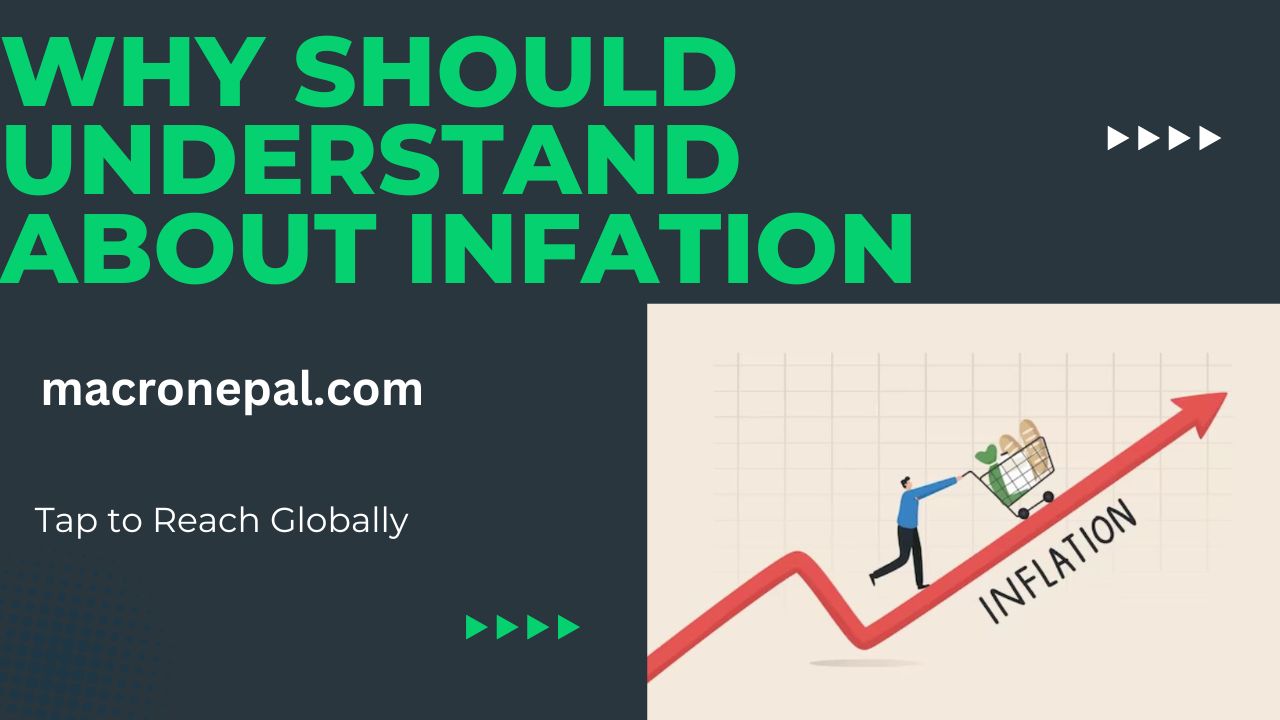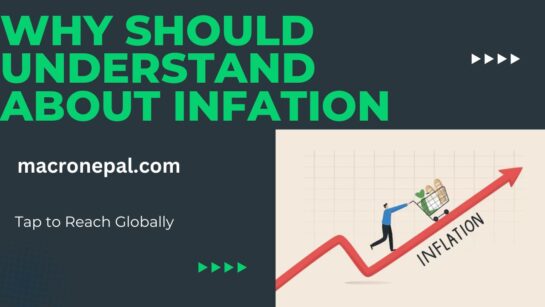How to Save Taxes in India in 2024: A Comprehensive Guide
As we approach the financial year 2024-2025, it is crucial for taxpayers in India to understand the various strategies available to save taxes legally and efficiently. The Indian Income Tax Act offers numerous deductions, exemptions, and incentives to help individuals and businesses minimize their tax liabilities. Here is a detailed guide on how to save taxes in India in 2024.
1. Invest in Tax-Saving Instruments
Several investment options provide tax benefits under Section 80C of the Income Tax Act. The maximum deduction allowed under this section is ₹1.5 lakh per annum. Some of the popular tax-saving investments include:
-
Public Provident Fund (PPF): Interest earned is tax-free, and the investment is secure.
-
Equity-Linked Savings Scheme (ELSS): Offers potential for higher returns with a lock-in period of three years.
-
National Savings Certificate (NSC): Interest is compounded annually and qualifies for a deduction.
-
Tax-Saving Fixed Deposits: Available with a lock-in period of five years.
-
Employee Provident Fund (EPF): Contributions by employees to EPF are eligible for deductions.
2. Take Advantage of Section 80D
Section 80D allows deductions for premiums paid towards health insurance policies. The limits are:
-
Up to ₹25,000 for self, spouse, and dependent children.
-
An additional ₹25,000 for insuring parents (₹50,000 if parents are senior citizens).
This can significantly reduce taxable income while ensuring health coverage.
3. Claim HRA and Home Loan Benefits
-
House Rent Allowance (HRA): If you live in rented accommodation, you can claim HRA exemption. The amount exempted is the least of the following:
-
Actual HRA received.
-
50% of (Basic salary + DA) if living in metro cities or 40% for non-metro cities.
-
Rent paid minus 10% of (Basic salary + DA).
-
-
Home Loan Interest and Principal Repayment: Under Section 24(b), you can claim a deduction of up to ₹2 lakh on interest paid for a self-occupied house. Under Section 80C, you can also claim a deduction on the principal repayment up to ₹1.5 lakh.
4. Utilize Section 80E for Education Loans
Interest paid on education loans can be claimed as a deduction under Section 80E. There is no upper limit on the amount of interest deduction, and it can be availed for a maximum of 8 years from the year of the first repayment.
5. Benefit from Section 80G Donations
Donations made to specified charitable institutions and relief funds are eligible for deductions under Section 80G. The deduction can be 50% or 100% of the donation amount, depending on the organization.
6. Save with NPS Contributions
Investing in the National Pension System (NPS) allows for additional deductions:
-
Up to ₹50,000 under Section 80CCD(1B) over and above the ₹1.5 lakh limit under Section 80C.
-
Employer contributions to NPS are also deductible under Section 80CCD(2).
7. Leverage Section 80TTA and 80TTB
-
Section 80TTA: Allows a deduction of up to ₹10,000 on interest earned from savings accounts.
-
Section 80TTB: Senior citizens can claim a deduction of up to ₹50,000 on interest income from savings, fixed, and recurring deposits.
8. Consider Agricultural Income
Agricultural income is exempt from tax. If you have agricultural income, you can utilize the provisions to reduce your tax liability on non-agricultural income through careful planning and use of deductions.
9. Opt for Presumptive Taxation for Small Businesses and Professionals
Sections 44AD, 44ADA, and 44AE provide presumptive taxation schemes for small businesses and professionals, simplifying tax calculations and reducing tax burdens.
10. Use Tax-Free Allowances and Perquisites
-
Standard Deduction: ₹50,000 standard deduction for salaried individuals.
-
Transport Allowance and Medical Reimbursement: Part of salary structure in many organizations and partially exempt from tax.
Conclusion
Tax planning is an integral part of financial management. By leveraging various deductions, exemptions, and investment options, individuals and businesses in India can significantly reduce their tax liabilities. It is advisable to consult with a tax professional or financial advisor to tailor these strategies to your specific situation and stay updated on any changes in tax laws. Start planning early to make the most of the available opportunities and ensure a stress-free financial year ahead.
REFERANCE:CHATGPT
4o




